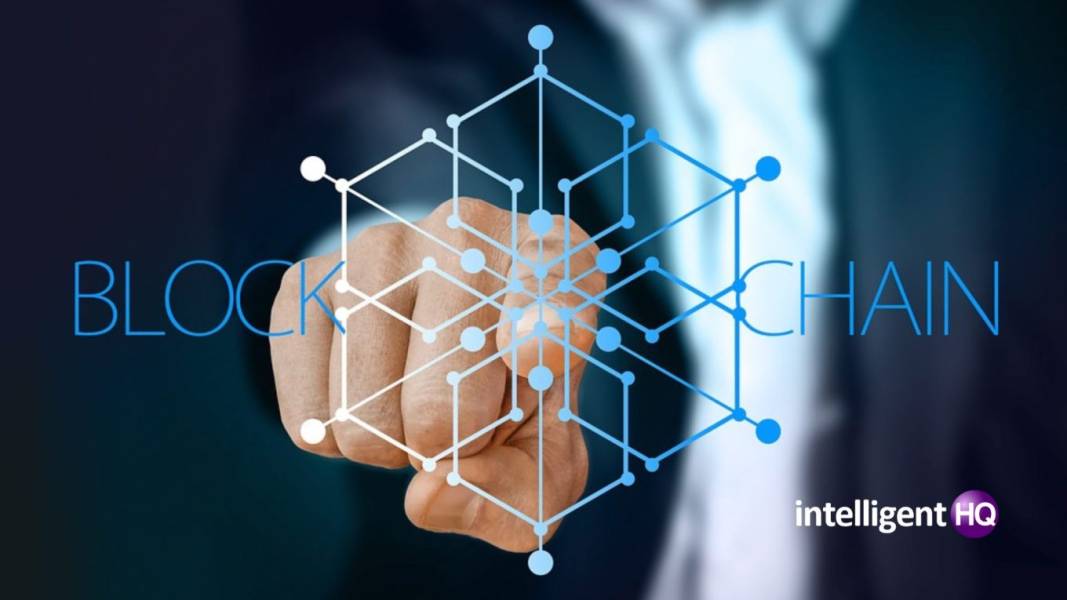
Blockchain games also give players the ability to buy, sell, and trade in-play items (aka purchasables) via microtransactions, and any assets they acquire can be owned OUTSIDE of the game in a perfectly secure way. Find out more about how blockchain may change the gaming industry over the coming years right here.
What is blockchain in gaming, and what are NFTs?
In blockchain gaming, a decentralised blockchain model, which has enabled players to own anything that they earn within games and then use them in other blockchain/crypto games. In blockchain games, you can obtain what have become known as Non-Fungible Tokens (or NFTs for short). NFTs are a unique digital identifier that cannot be replicated, swapped or subdivided.
NTFs can also be described as unique virtual collectibles or digital assets, and, as mentioned, they cannot be exchanged or traded like other cryptographic assets, such as Ethereum, XRP or BitCoin. Today’s NFTs are basically unique items that often come in the form of characters, weapons, rules, animals, and more.
A growing number of video games, in particular blockchain games, make use of the free-to-play (F2p) and play-to-earn mode (P2e), whereby players have the ability to earn cryptocurrency as they explore those worlds. As a form of revenue, the game publisher will also take a nominal fee each time a player makes a transaction, and each transaction is stored securely in the blockchain, which is used to verify and validate authenticity and ownership. It all sounds a lot more complicated than it actually is.
Examples of blockchain games
There are lots of blockchain games (aka crypto games) to choose from in 2022, and when playing each of these games, players have the ability to earn crypto without having to invest huge sums of money. Some of the top pick to keep an eye out for include the following games:
• Axie Infinity (AXS) – which is regarded as being the biggest-ever blockchain/crypto game ever created
• Lucky Block (LBCLOCK) – which combines crypto and NFT-focussed tourneys
• Star Atlas (ATLAS) – a great sci-fi/space exploration game where you can play to earn crypto token rewards as you progress
• Tamadoge (TAMA) – one of today’s highest-rated crypto games
• Silks (STT) – an immersive game where you can get into horse breeding and racing
Other honourable mentions
Some of the other popular crypto games out there today among investors and gamers around the world include ApeCoin (APE), Tezotopia (UNO), Illuvium (ILV), The Sandbox (SAND), My Neighbor Alive (ALICE), Decentraland (MANA), MetaBlaze, Gods Unchained, Zeed Ruin, and Battle Infinity (IBAT), to name just a few.
How will blockchain change the gaming industry
Apart from enabling gamers/players to invest or earn crypto and other assets as they play, blockchain games provide a more secure environment for the user compared to traditional video games. Your data and assets are protected from hackers within the decentralised blockchain system, which means that hackers will find it impossible to get into the algorithm and steal any of your data or assets that you own.
Blockchain gaming has completely changed the way in which people game, and it has also enhanced the user’s experience. In traditional games, for example, where you can purchase in-play items, such as skins, weapons, upgrades, and in-play currency, these items are never truly yours. For example, you couldn’t move your assets to other games, and you couldn’t ever take them out of the game and store them elsewhere, plus you can’t earn anything from them because they have no value.
With blockchain games, it’s the opposite. Participants can trade their items and earnings for profits, which is a complete game-changer. Blockchain also enables players to collaborate with developers to improve certain aspects of the games as they play, something which is generally not possible in traditional gaming. Blockchain gaming will also redefine the digital gaming experience for players, operators, and publishers in many other ways that we cannot yet foresee.

Founder Dinis Guarda
IntelligentHQ Your New Business Network.
IntelligentHQ is a Business network and an expert source for finance, capital markets and intelligence for thousands of global business professionals, startups, and companies.
We exist at the point of intersection between technology, social media, finance and innovation.
IntelligentHQ leverages innovation and scale of social digital technology, analytics, news, and distribution to create an unparalleled, full digital medium and social business networks spectrum.
IntelligentHQ is working hard, to become a trusted, and indispensable source of business news and analytics, within financial services and its associated supply chains and ecosystems












